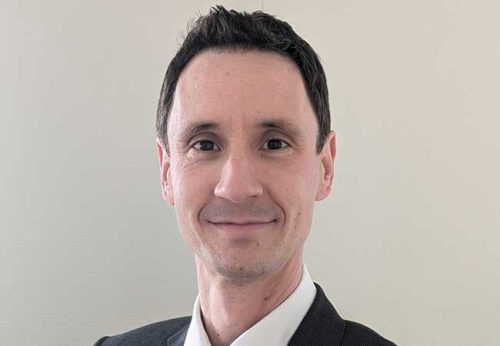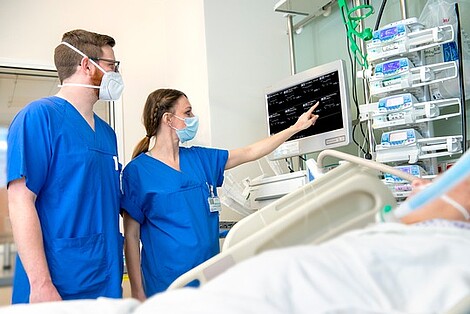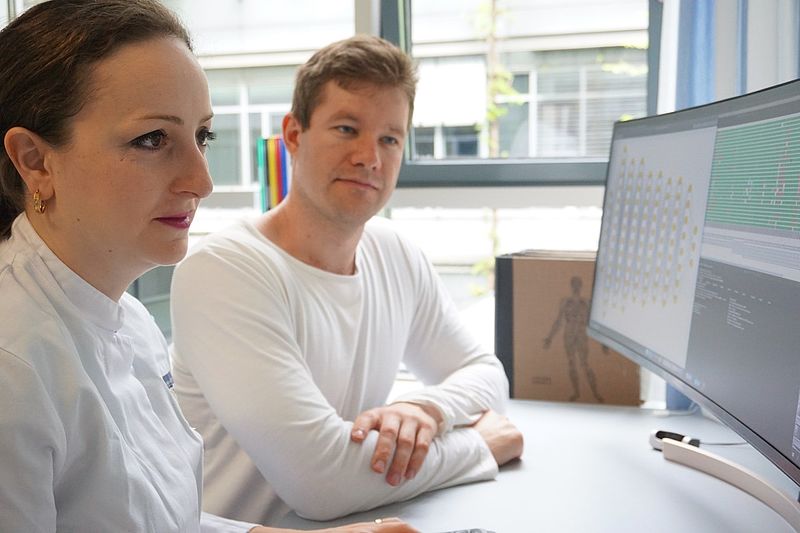Prof Bernhard Brüne, Vice President of the Goethe University for Research, Junior Researchers and Transfer, is convinced: "Artificial intelligence can also help us in biomedical genome research to better understand the relationships between complex disease processes. This is because many mutually influencing processes take place in the cells and throughout a patient's body, and we can now measure many parameters of these processes. AI can help us to draw a big picture from this individual data. Marcel Schulz is an exceptional young talent in AI research and easily prevailed in the competitive selection process for the professorship for 'Deep Scientific Discovery of Personalised Health'. We are delighted that we can now give him a long-term perspective at the Goethe University with the help of hessian.AI. We strongly support his plan to bring together and further develop bioinformatics expertise in Frankfurt and to make important contributions to the success of our Cluster of Excellence Cardiopulmonary Institute (CPI)."
Prof Mira Mezini, Co-Director of hessian.AI, says: "In Marcel Schulz, the Goethe University has been able to retain a promising scientist and offer him an attractive perspective with numerous exciting networking opportunities in our joint Hessian centre. We are looking forward to this addition in the field of biomedical research, which ranges from method development to application, for example in the area of patient data-based therapy decisions."
Prof Kristian Kersting, also Co-Director of hessian.AI, explains: "Marcel Schulz has internationally visible expertise in the field of AI methods for analysing large 'omics' data sets to generate predictive models for gene regulation. He will thus make an important contribution to interdisciplinary AI research in Hesse and beyond and will further strengthen and advance the centre and its broad-based research expertise."
About the person:
Prof Dr Marcel Holger Schulz, born in 1981, studied bioinformatics in Berlin and completed his doctorate there at the Max Planck Institute for Molecular Genetics in 2010. After a three-year postdoctoral stay at Carnegie Mellon University in Pittsburgh, Schulz conducted research as an independent group leader at the Max Planck Institute for Informatics and at Saarland University Saarbrücken until 2018, before joining the Institute for Cardiovascular Regeneration at Goethe University Frankfurt in 2018, initially as a group leader and since 2019 as a junior professor (W1). Schulz develops computer-aided models and algorithms for machine learning, for example to better understand the regulation of genes in various cardiovascular diseases. He will establish a new Institute for Computational Genomic Medicine at Goethe University where new AI approaches for genome research will be developed. In this way, he hopes to contribute to the development of personalised therapies in the long term.
Source: press release Goethe University Frankfurt (in German only)



